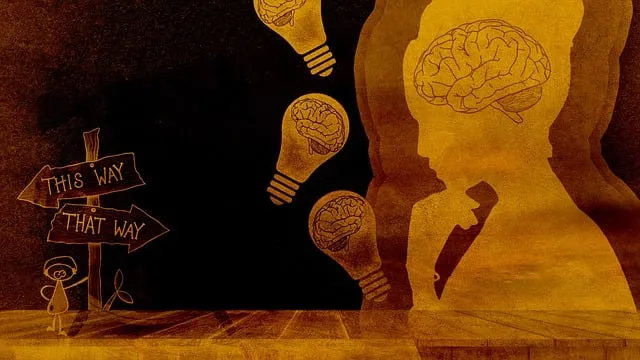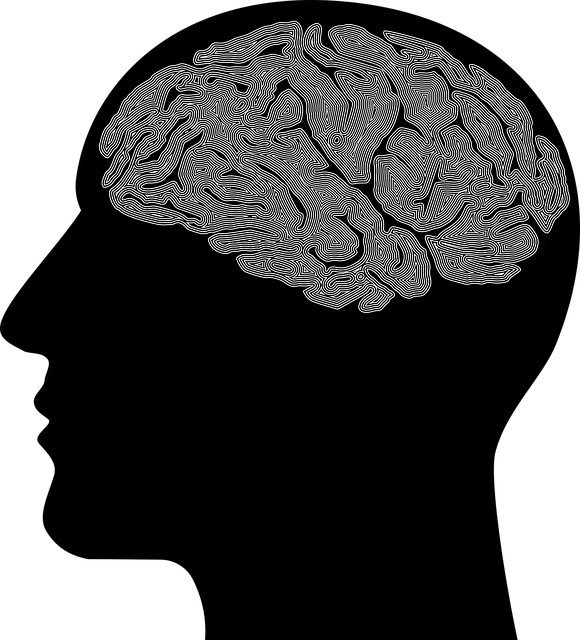The Kaiser Permanente behavioral health center in Highlands Ranch prioritizes mental wellness through innovative self-assessment tools, aiming to reduce stigma and empower individuals. Tailored questionnaires and exercises enhance emotional regulation skills, encouraging early intervention and long-term mental wellness management. Programs like Stress Management Workshops and Mental Health Education destigmatize issues while offering practical resources, particularly for underserved populations. Integrated into clinical practice, these tools promote patient engagement, fostering self-awareness and adaptive coping strategies for improved outcomes.
“Mental wellness self-assessment tools play a pivotal role in empowering individuals to take charge of their mental health. This article explores the development of such tools, focusing on the Kaiser Permanente Behavioral Health Center in Highlands Ranch. We delve into the critical need for accessible and effective assessments, highlighting challenges and best practices.
Through case studies and expert insights, we examine how the center’s approach has impacted patient care, offering valuable strategies for integration into clinical settings. Discover innovative methods to enhance mental wellness self-assessment and support holistic patient well-being.”
- Understanding the Need for Self-Assessment Tools: A Focus on Mental Wellness at Kaiser Permanente Behavioral Health Center, Highlands Ranch
- Designing Effective Mental Wellness Self-Assessment Tools: Key Components and Best Practices
- Implementation and Impact: Strategies for Integrating Self-Assessment Tools into Clinical Practice at Kaiser Permanente Highlands Ranch
Understanding the Need for Self-Assessment Tools: A Focus on Mental Wellness at Kaiser Permanente Behavioral Health Center, Highlands Ranch

At Kaiser Permanente Behavioral Health Center in Highlands Ranch, the need for comprehensive self-assessment tools has become increasingly evident. In today’s fast-paced world, mental wellness is a cornerstone of overall health and well-being, yet many individuals struggle to recognize and address their emotional needs. The center aims to bridge this gap by developing innovative self-assessment resources that prioritize mental wellness. By empowering individuals to take an active role in understanding their emotional states, these tools can be transformative, especially in reducing the stigma surrounding mental illness.
Self-assessment plays a pivotal role in fostering resilience and promoting healthy coping mechanisms. Through tailored questionnaires and reflective exercises, Kaiser Permanente’s initiative seeks to enhance emotional regulation skills. This proactive approach not only encourages early intervention but also paves the way for long-term mental wellness management. By making these tools accessible, the center hopes to create a supportive environment where individuals can openly discuss their emotional journeys, leading to improved outcomes and a stronger sense of community.
Designing Effective Mental Wellness Self-Assessment Tools: Key Components and Best Practices

Effective mental wellness self-assessment tools are designed to help individuals gain insights into their emotional and psychological well-being. When developed with a focus on accuracy, reliability, and validity, these tools can serve as valuable resources for both personal growth and professional interventions. Key components include clear and concise questions that comprehensively cover various aspects of mental health, such as stress levels, mood disorders, anxiety, and coping mechanisms. The best practices involve incorporating validated assessment scales and ensuring user-friendliness, allowing individuals to self-assess comfortably and accurately.
For instance, the Kaiser Permanente behavioral health center in Highlands Ranch has leveraged its expertise to develop resources that blend scientific rigor with accessibility. They offer Stress Management Workshops Organization materials designed to help community members identify stress triggers and learn effective coping strategies. Similarly, Mental Health Education Programs Design initiatives aim to destigmatize mental health issues while equipping individuals with tools for self-assessment and early intervention. Additionally, Community Outreach Program Implementation plays a crucial role in reaching underserved populations, ensuring that mental wellness resources are available to all who need them.
Implementation and Impact: Strategies for Integrating Self-Assessment Tools into Clinical Practice at Kaiser Permanente Highlands Ranch

At Kaiser Permanente behavioral health center Highlands Ranch, implementing self-assessment tools has been a game-changer in enhancing mental wellness among patients. Through strategic integration into clinical practice, these tools empower individuals to actively participate in their journey towards better mental health. By providing patients with resources like Mental Wellness Journaling Exercise Guidance, healthcare professionals facilitate reflective practices that promote positive thinking and mood management.
The impact is evident as patients gain insights into their emotional states and behaviors, fostering a deeper understanding of themselves. This self-awareness acts as a catalyst for personal growth and the adoption of adaptive coping strategies. Moreover, these tools encourage regular practice, ensuring that individuals continue to nurture their mental wellness even outside clinical settings.
The development of mental wellness self-assessment tools is a vital step forward in addressing the growing need for accessible and personalized mental healthcare. As demonstrated by Kaiser Permanente Behavioral Health Center’s initiatives in Highlands Ranch, these tools can empower individuals to take charge of their mental well-being. By incorporating effective assessment strategies, as outlined in this article, healthcare providers at Kaiser Permanente Highlands Ranch have successfully implemented a program that enhances patient engagement and clinical outcomes. This approach ensures that mental wellness support is tailored to individual needs, fostering a more inclusive and effective healthcare system for all.






